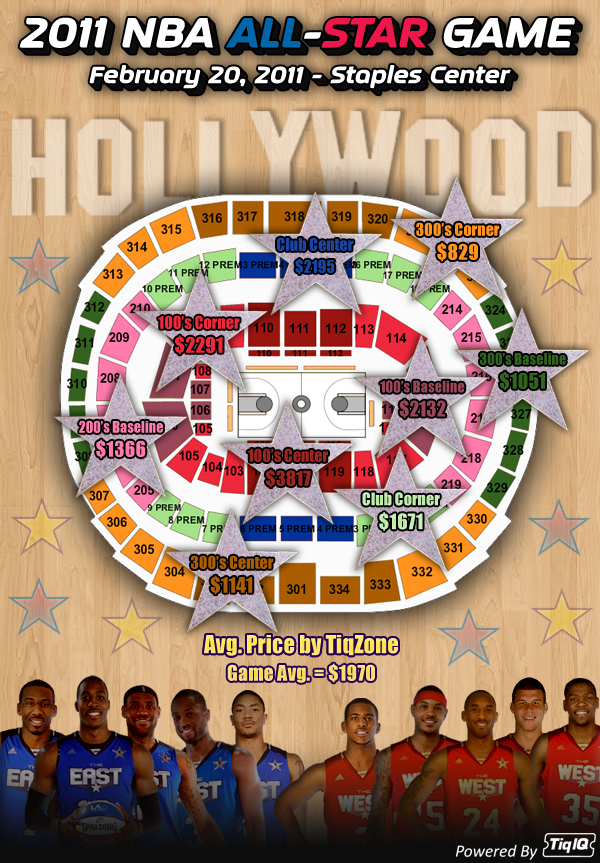Earlier this week, Class A third baseman Nick Delmonico was hit with a 50-game suspension for amphetamine use. If you have friends/coworkers who are Cubs fans, they probably made some hacky Braun-related joke about how there are cheaters everywhere in the Brewers’ organization. You had to forgive them, because Cubs fans are so pitiable it’s hard to get truly mad at them about anything.
Still, it’s a shame that Delmonico has this positive amphetamine test on his record, since some fans (and maybe future employers) may judge him too harshly for something that isn’t very serious. Amphetamines are commonly prescribed for attention deficit and hyperactivity disorder (ADHD) in children and adults. According to U.S. Centers for Disease Control and Prevention statistics on ADHD, about 6.4 million children aged 4-17 were diagnosed with the disorder in 2011. Furthermore, the prevalence of children in that age group taking medication for ADHD was a cool 6.1%.
That’s a lot of kids taking the same kinds of drugs Delmonico was suspended for. Plenty of MLB players also take stimulants and no one minds. The 2013 report of MLB’s Joint Drug Prevention and Treatment Program said that 119 players were granted Therapeutic Use Exemptions for ADHD. If everyone else is doing it, why can’t Delmonico?
Obviously I’m being a bit facetious – all those players had prescriptions from their physicians. But the difference between “legitimate” medical use and recreational use of certain substances is always changing. In the 1920’s during Prohibition, doctors wrote prescriptions for medicinal alcohol. In the last 20 years, marijuana went from being illegal everywhere in the U.S., to legal for medicinal purposes in some states, to completely legal now in two states.
Amphetamines were available over the counter until the 1950’s. Who’s to say they won’t be again? Delmonico wouldn’t have been suspended if he simply had the good sense to be born in a different decade.
In fairness, the high percentage of MLB players with ADHD diagnoses has raised some eyebrows (including my own). An article earlier this year in Bloomberg Businessweek made an interesting argument that MLB’s process for screening out ADHD fakers is pretty rigorous:
For Michael Lardon, a sports psychiatrist in San Diego who sometimes seeks stimulant exemptions for MLB players with ADHD, the exemption process has become too difficult. “We had a guy that had it in spades, with two well-respected doctors giving him identical 10-page reports,” he says, “and they turned it down.” The player, an eight-year veteran with no history of drug problems, eventually went to the players’ union for help getting an exemption. “The pendulum swings the other way quickly,” Lardon says.
After the jump in stimulant exemptions in 2007 and the attention that came with it, MLB did away with retroactive applications. […]
Since then the number of exemptions has risen slowly to 119, with little turnover from year to year. An average 23 percent of applications have been rejected over the last four years, according to a person familiar with the process.
The league added a panel of three psychiatrists to the screening process in 2011. Its current members—Lenard Adler of NYU Langone Medical Center, Timothy Wilens of Massachusetts General Hospital, and Frances Levin of Columbia University Medical Center—serve as advisers to Jeffrey Anderson, the independent program administrator for MLB’s drug prevention program. The league has also certified 58 psychiatrists in adult ADHD diagnosis. While Anderson can approve an exemption application from a certified clinician on his own, all others automatically go to the panel.
That seems like a trouble to go through for something that was completely legal during the majority of professional baseball’s existence. But if this is accurate, more than three-quarters of ADHD exemption applications are still approved. Maybe Delmonico just needs to find himself a more understanding physician.
Whether “legitimate” or not, there are a lot of MLB players who are doing exactly what Delmonico did. It seems silly that he’s serving a suspension for not conforming to current pharmacological standards—which are constantly evolving. That may be too nuanced a defense of Delmonico to get through to the average Cubs fan, but it’s worth a shot.
Add The Sports Daily to your Google News Feed!
